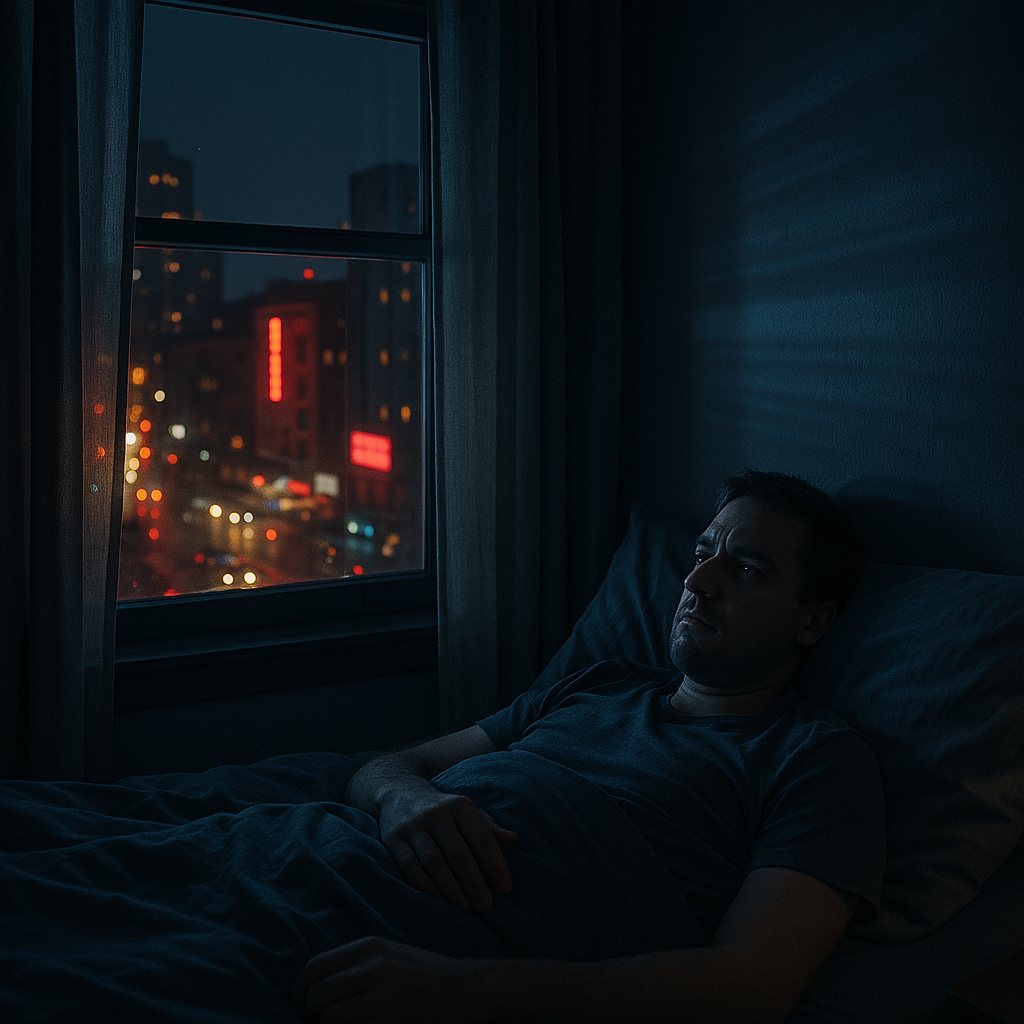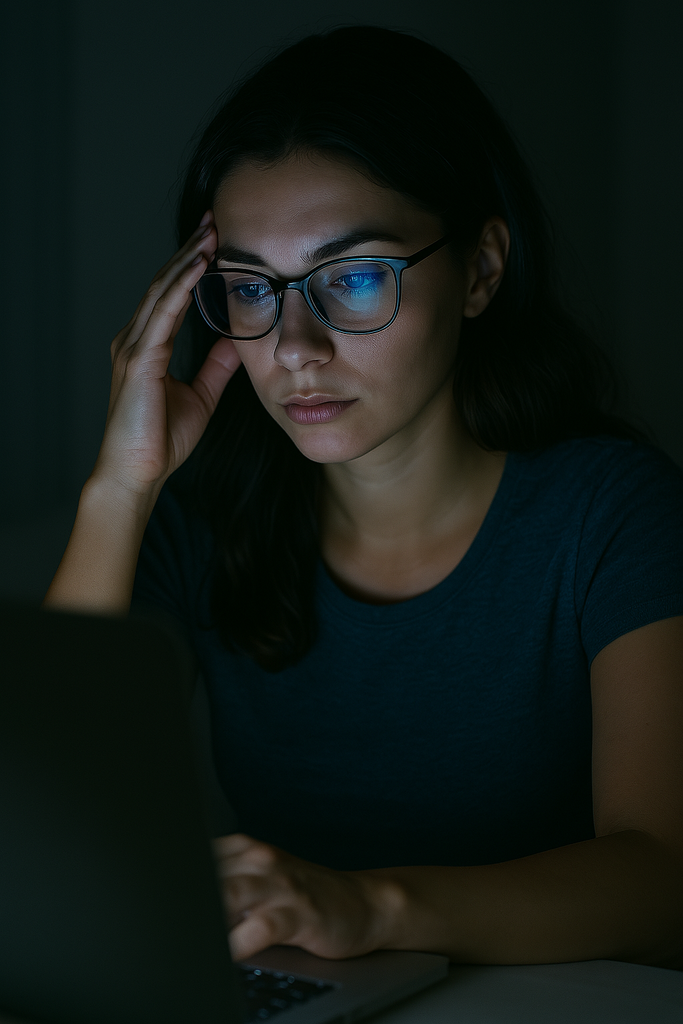News — sleep disruption
The City's Secret Toll: How Noise and Light Pollution Are Robbing Your Sleep
ambient noise and sleep blackout curtains blue light sleep effects circadian rhythm city living health risks city noise and insomnia light pollution light pollution effects melatonin suppression natural sleep support noise pollution sleep and mental health sleep disruption sleep hygiene sleep optimization SleepBlend PM Support smart sleep devices urban sleep health urban wellness white noise for sleep
The city never sleeps—but that doesn’t mean you shouldn’t. Urban life pulses with energy, but behind the shimmering lights and hum of traffic lies an invisible threat to health: environmental pollution not of the air or water, but of sound and light. While you might brush off the occasional honk or glow from a streetlamp, research shows that even low levels of ambient noise and artificial light can wreak havoc on your ability to get restful, restorative sleep.
More than a nuisance, urban noise and light pollution are increasingly recognized as serious disruptors of circadian rhythm, melatonin production, and mental health. From sleep fragmentation to long-term risks like cardiovascular disease and depression, the stakes are higher than most city dwellers realize. This article explores the science of how our environment sabotages sleep, and what you can do to reclaim the rest you need—whether you live in a penthouse or a studio by a busy street.
How Blue Light Affects Your Eyes and How to Protect Them
20-20-20 rule blue light blue light glasses blue light protection computer vision syndrome digital eye strain eye care eye health supplements eye-friendly diet HEV light kids screen time lutein and zeaxanthin macular health natural eye health night shift mode retinal health screen brightness screen fatigue screen time tips sleep disruption
In our modern digital world, screens are everywhere—from smartphones and tablets to laptops and LED lighting. While these technologies make life more connected and convenient, they also emit high-energy visible (HEV) light, commonly known as blue light. You may have heard concerns about blue light’s impact on sleep, vision, and long-term eye health, but how much of it is true—and how can you protect your eyes without ditching your devices?
Blue light isn’t inherently bad. In fact, it's part of the natural light spectrum and plays a role in regulating our sleep-wake cycles. But excessive exposure, particularly from digital screens and artificial lighting, may contribute to digital eye strain, sleep disturbances, and possibly even retinal damage over time. In this article, we’ll explore how blue light affects your eyes, what the latest science says, and how you can take simple, effective steps to protect your vision and preserve your eye health.


